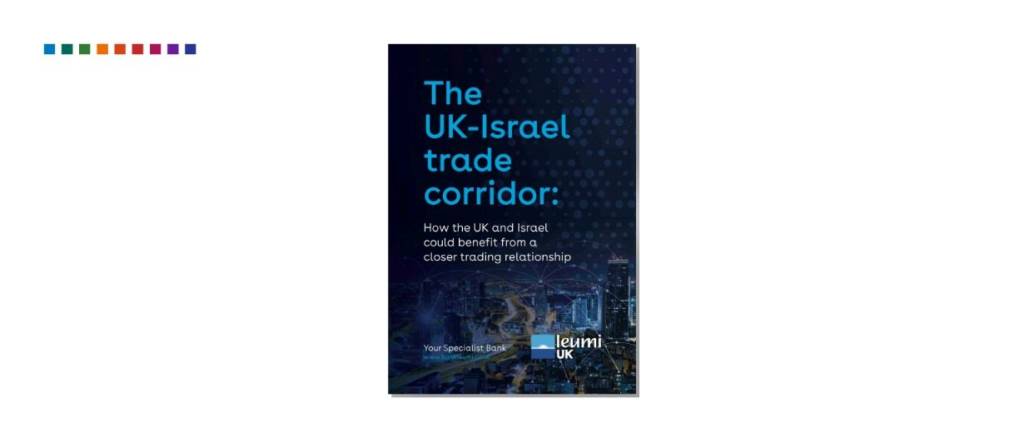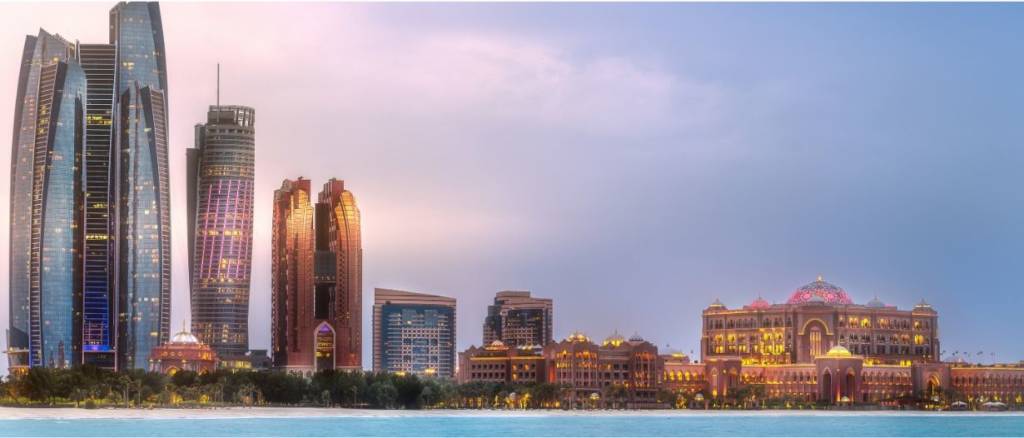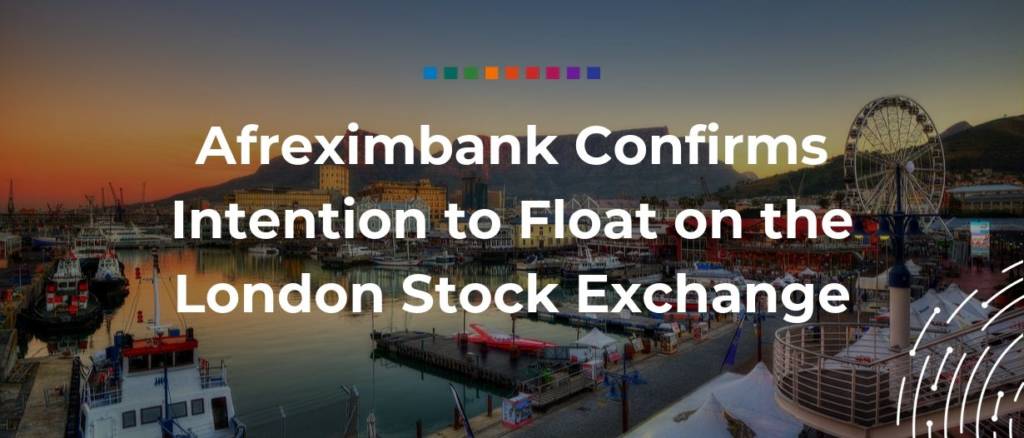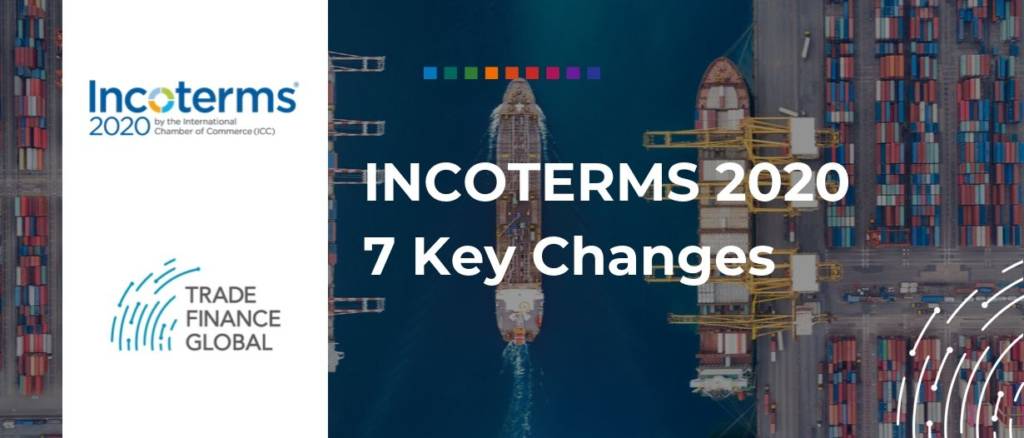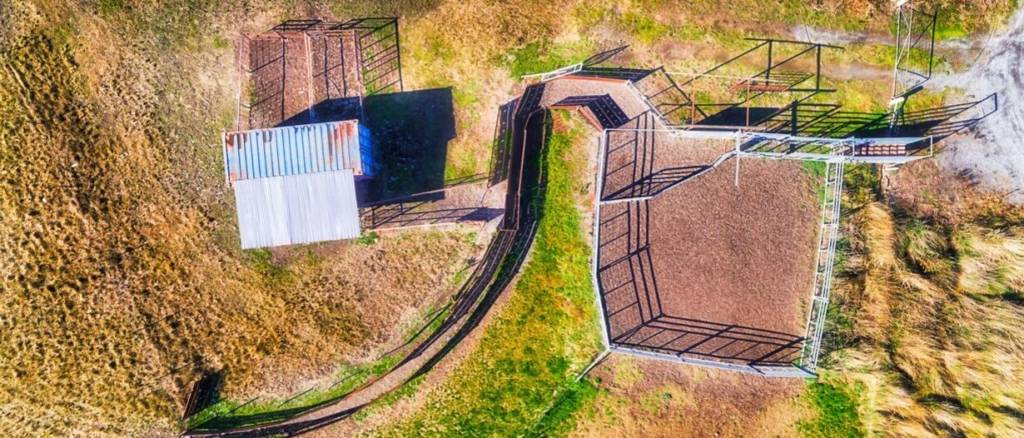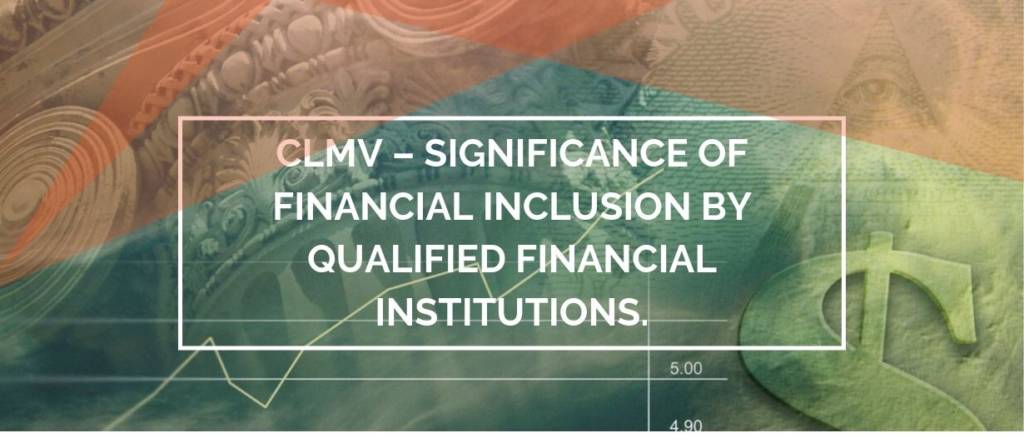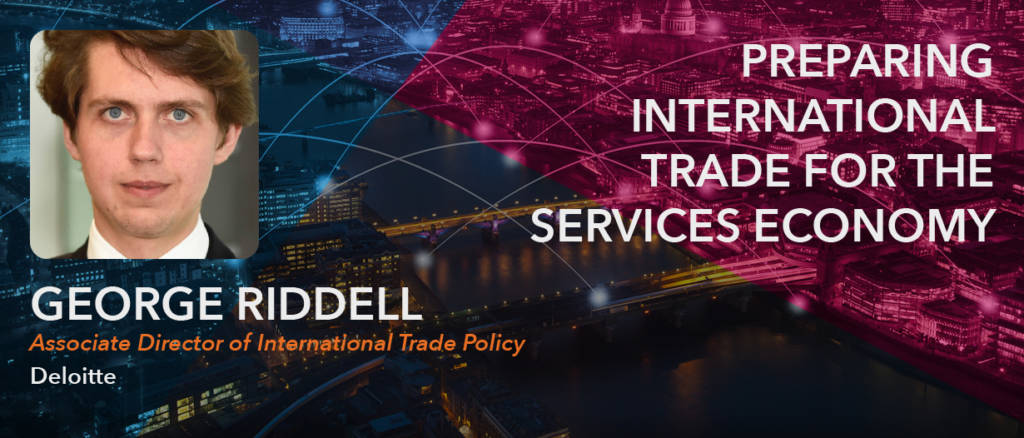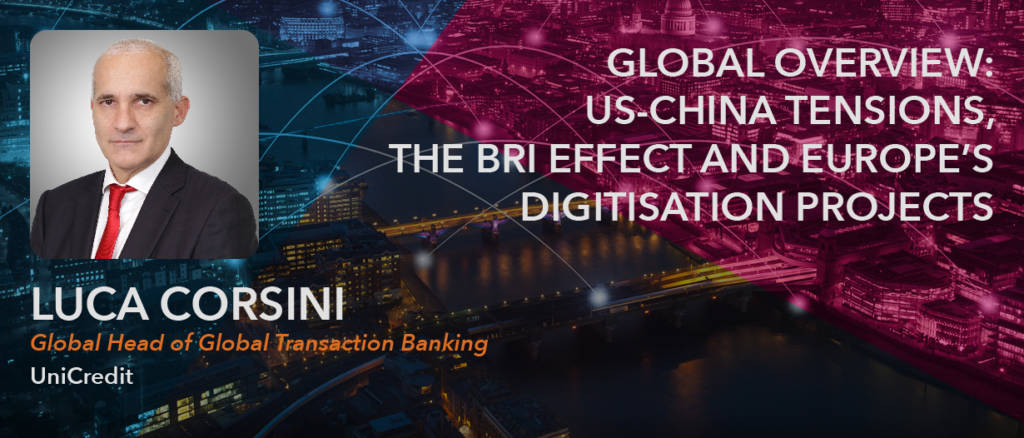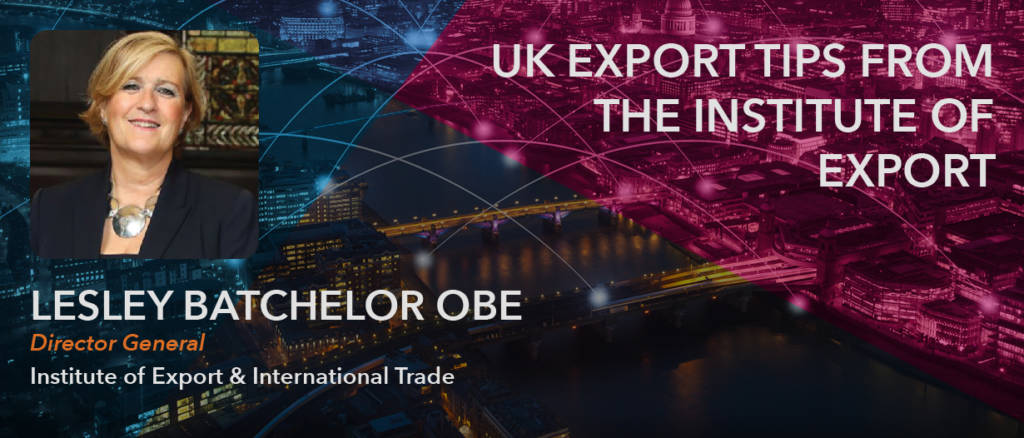Internationally renowned as the ‘start-up’ nation, Israel presents a plethora of exciting trading opportunities for the UK and will be an important partner as it prepares for its formal exit from the European Union (EU), finds Leumi UK’s whitepaper
Anglo-Gulf Trade Bank (AGTB), the world’s first digital trade bank, announced today that, starting in November 2019, it will be offering qualified businesses registering in Abu Dhabi Global Market (ADGM), the International Financial Centre in Abu Dhabi, a fast-track process for opening a starter corporate account.
Following the announcement on 9 October 2019 by the African Export-Import Bank (“Afreximbank” or the “Bank”), a supranational financial institution whose purpose is to facilitate, promote and expand intra- and extra- African trade, of its potential intention to publish a registration document, the Bank hereby confirms its intention to proceed with an Initial Public Offering.
Incoterms 2020 are now live. DAT has changed to DPU, insurance points are clarified on C-terms, transport security is now well defined, own transport is accounted for, changes to FCA/FOB regarding Bills of Lading…
The UK government has provided £140 million to support development projects that will provide 7,000 homes with electricity and boost sustainable food supplies in Angola. International Trade Secretary Rt Hon.… read more →
One of the global trends is that the net-positive gains from financial integration is quite uneven. Like many parts of the world, ASEAN is facing multiple global challenges under a “VUCA” environment; being volatile, uncertain, complex, and ambiguous.
There is, so far as I am aware, little or no precedent for what the UK is attempting to do: seeking to reduce unfettered access to its closest and most important market – which also happens to be one of the world’s two largest. In 2018, 46% of the UK’s exports went to the EU, and 54% of UK imports came from it. Almost all countries in the world try to make trade deals, not dismantle them.
International companies are facing the dual challenge of uncertainty and transformation in how they source, produce, transport, sell and trade their goods and services. The question is how can they get ahead of the curve and thrive in this changing environment.
Despite today’s climate of rising trade tariffs and falling trade volumes, UniCredit’s Global Head of Global Transaction Banking, Luca Corsini, claims we have reason to remain optimistic for trade finance revenues in the coming months, pointing to the rising need for security in trade transactions, the rise of digital platforms to simplify and expand service provision, and continued infrastructure development stemming from Asia.
EORI numbers – or economic operator indicator numbers – are essential for exporters. Based off a company’s VAT number, an exporter needs an EORI in order to complete a Customs Declaration. Till now, UK businesses have not needed to complete such documentation in order to sell into Europe, but this will change with Brexit.















